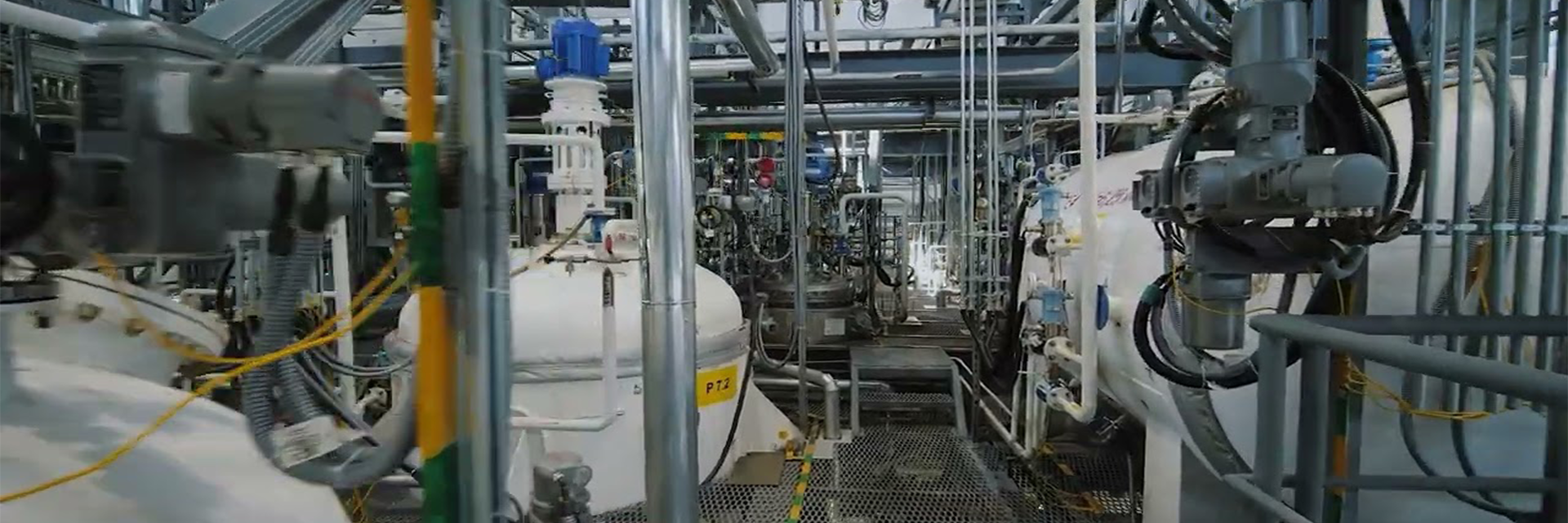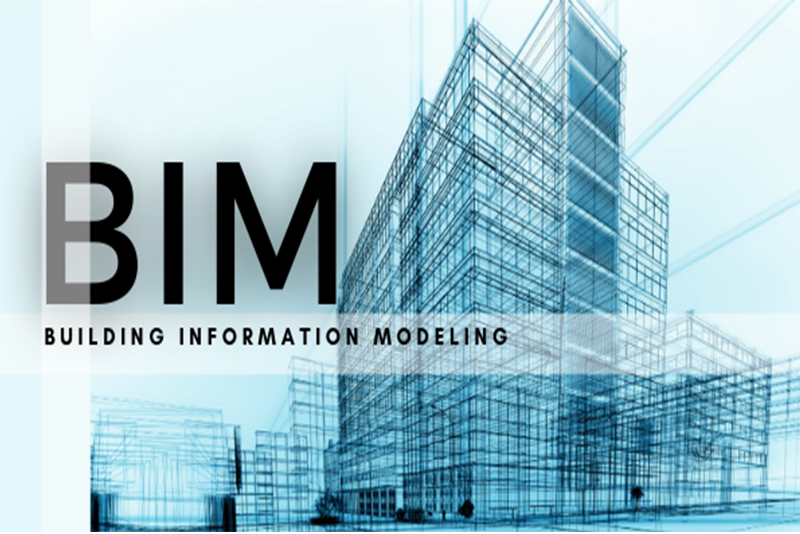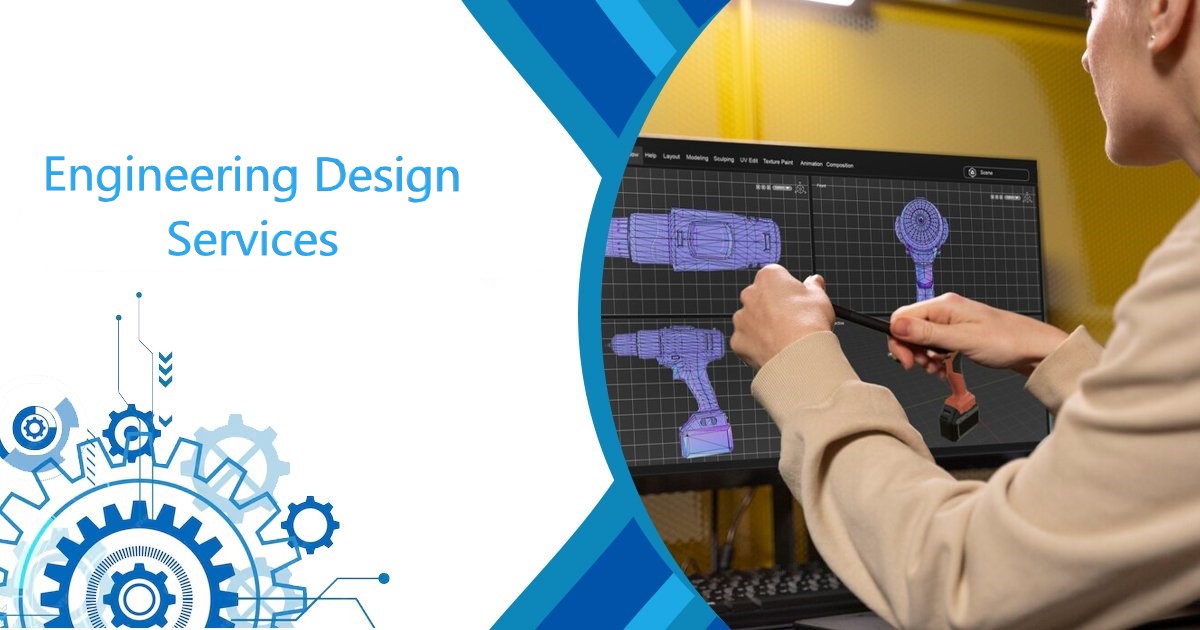
CC-THERM makes use of multiple international standards for design and materials so you can streamline the process of sizing a heat exchanger accurately. Available as an add-on or standalone product, the design and rating program covers shell-and-tube, plate-and-frame, air-cooled, and double-pipe exchangers. Rigorous designs are based on physical property and phase equilibria data…..
Ideal for Users who want to design or vet a design by a heat exchanger vendor (single unit at a time), and those who want to rate existing exchangers in new service or perform “what if” calculations.
GENERAL FEATURES:
- Interactive input, calculations, and review of results.

- Help screens
- Flexible engineering units
- Extensive data checking
- Customized reports
- Graphical plotting of results
- Integration with CHEMCAD and CHEMCAD thermodynamics
TECHNICAL FEATURES:
- DESIGN AND Rating modes
- Calculation of all TEMA types:
- Sensible flow (vapor or liquid)
- Forced evaporation
- Falling film evaporation

- Vertical thermosyphon
- Horizontal condensation
- Vertical condensation
- Reflux condensation
- Shellside process types:
- Sensible flow (vapor or liquid)
- Forced evaporation
- Pool evaporation
- Horizontal thermosyphon
- Horizontal condensation
- Vertical condensation
- Exchangers may have evaporation on one side with condensation on the other with any combination of subcooling and superheating
- A full stream analysis is performed on the shellside
- Zone-by-zone analysis is performed (2-31 zones, user defined)
- The conditions and properties are automatically generated at all zones and can be modified by the user.
A complete library of materials is incorporated for tubes, pipes, shells, bonnet, and tubesheets. - Dry wall or wet wall condensing
- Thermosyphon simulation mode
SHELLSIDE:
- Shells in series or parallel
- Shell as pipe or plate
- Sealing strips permitted
- Diameter or maximum diameter may be specified
TUBESIDE:
- Tubes may be bare or fin
- Turbulators may be used on the inside of the tube
- User may specify tube OD, gauge, pattern, and pitch
- Tubesheet thickness calculated to determine effective area
- U-bend radius and/or efficiency may be specified
- Tube length or maximum tube length may be specified
BAFFLES:
- Baffles may be single segmental, double segmental, tiple segmental, full circule, no-tubes-in-window, or rod baffles
- User may specify or have the program optimize the baffle spacing, cut, and direction Impingement baffles are accommodated
MISCELLANEOUS:
- Safety factors may be specified
- Entrainment ratios
- Kettle diameter
- Shellside or tubeside coefficient may be fixed
- Tube axial stress
- Vibration analysis
- Zone by zone analysis of heat transfer and pressure drops calculations



